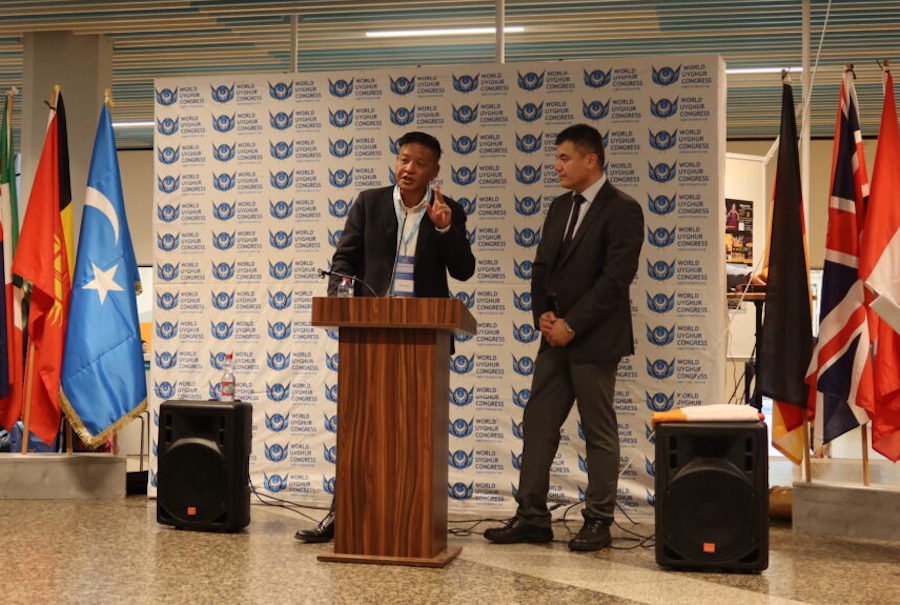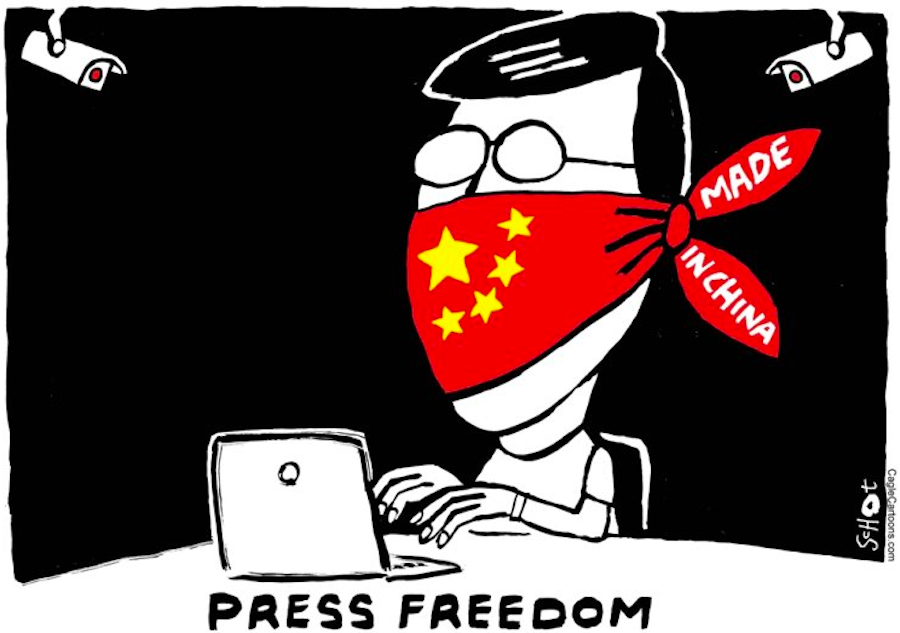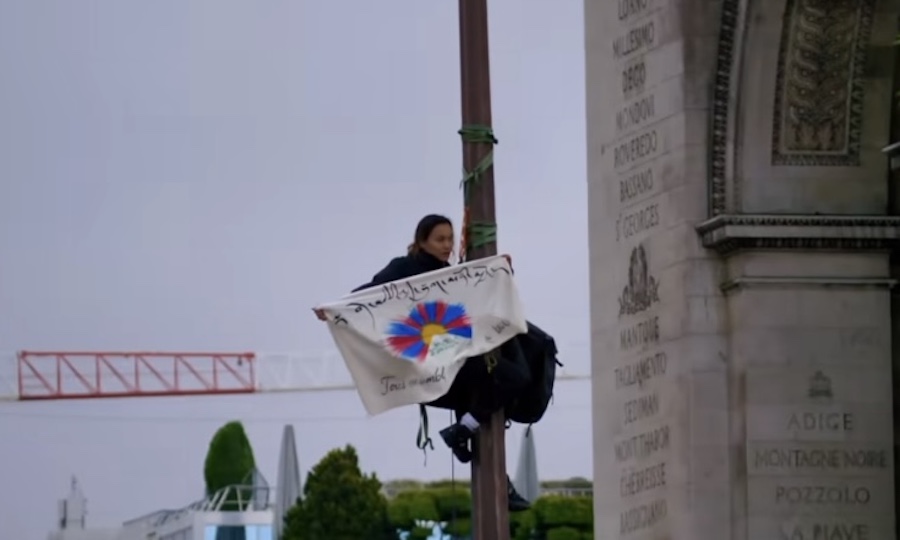making sense of the struggle – Tenzin Tsundue
The Tibetan struggle needs to be freed from the strangleholds of general apathy and deficiency of democratic culture within the movement, argues Tenzin Tsundue.
The meeting was two weeks ahead. The 600-odd members were informed through wall posters, word of mouth, telephone and e-mails. On D-day there were hardly 20 members attending. This was the scene at a Tibetan political organization annual meeting. While the members may have a hundred reasons for their absence, the Tibetan freedom movement suffers apathy and neglect. The struggle in exile, in the absence of any direct provocative adversary, is a constant tussle within us.
The abortive meeting above is an example of our attitude to the struggle. What does the struggle mean to the old Tibetans living in the refugee camps in India, the last of the lot who lived in independent Tibet? And to those who are born in exile and have never seen Tibet? And to those who recently escaped Tibet and are now living in their newfound freedom?
There are some things I hate about ourselves; first and foremost our absolute naive understanding of our political situation. Fifty years ago, when the Chinese first started coming into our country with a grand strategy, our popolas and momolas helped them build roads and bridges, without understanding what roadmap they were drawing. Today, when sudden shocking things happen like the public execution of Lobsang Dhondup and deportation of 18 Tibetans from Nepal, the exile Tibetans didn’t know how to react, didn’t even know what to say?
Things will be alright. This mentality is the second thing I have against us; being hopelessly hopeful. This has the origination from our jindhak? sponsorship mentality. Whether in private life or the national cause, we have become dependent. Unless WE worked nothing will be alright on its own.
The other day, when the Indian Prime Minister reiterated the old Indian stand, many Tibetans called it betrayal of the Tibetan cause. Mr. Vajpayee was doing his duty in the interest of his country. What are we doing? Are we in a moral position to criticize him? Within the Tibetan community in exile there has been no example of consistent effort amounting to a freedom struggle?in recent times. Much of our effort has been and is still going into the welfare of individuals and establishment-building when the cause is so urgent.
The amount of suffering being borne by the Tibetans in Tibet for the dream that there will be a free Tibet?deserves much stronger support from us in exile living in free countries. Our indifference and careless attitude to the struggle is a true betrayal to the cause and to the hopes the Tibetans in Tibet have placed in us.
With this new historic treaty with China, India has maintained its stand that she has given up on the Tibetan cause, even though she may continue to bestow asylum to the one lakh Tibetan refugees including His Holiness the Dalai Lama. It is a failure from our side; even after staying here for 44 years we have failed to convince India of our political cause. With this fresh reminder from India that Tibet is a part of China I do not see any reason why we should continue to stay in India. We have failed in this endeavour and we must change our plans now.
The third is our apparent excuse for inaction Non-Violence? The Tibetan understanding of non-violence is about abstaining from causing any harm, thereby tying our hands for any action. But the Tibetan government interpretation complete compassion and forgiveness to the adversary* not for mortals like me. While Mahatma Gandhi’s Satyagraha is an example cited for our freedom struggle, our non-action/non-violence doesn’t lead us anywhere. Only engaged action-oriented non-violence can take us out of this ideological quagmire.
In a democratic set-up any differing opinions are appreciated and given an equal chance of hearing and consideration. A different idea needn’t necessarily be opposing. Our simplistic practice of pitting independence?against Middle Way Approach?does more harm rather than create any understanding of those two stands. We pit them against each other, characterizing them as one blessed stance by His Holiness the Dalai Lama and the other a rebellious idea spearheaded by Tibetan Youth Congress. The Rangzen supporters are looked at as competitors. Such us and them attitude leaves hardly any space to accommodate new and different ideas.
We recently celebrated the 360th glorious?year of the Government of Tibet, yet the general public has not been involved in the process. Even today the Kashag is revered as a temple and its Kalons as four-handed deities. The government must make every effort to educate and bring more political awareness to the general public. The public in turn should take an increasing interest in the cause and participate in their own initiatives. Such an education can be facilitated by the Tibetan NGOs and the Tibet Support Groups. The 46 MPs can play a leading role in this. This would make the nominal Democracy function in our community. A society built on such participation would be characteristically independent and can live beyond the Dalai Lamas.
Unless this independence and self-reliance is achieved within the community, independence for the country is a distant dream. Such a democracy is our vision for future Tibet and our gift to our brethren in Tibet when we return home.
Only can we make these changes from within the community, no foreign governments or resolutions can and will save Tibet. This we must do ourselves sincerely and urgently. Ours is a difficult situation; all the more reasons to work hard, use all our skills, education and resources in it. It is difficult, that’s why it’s a struggle.
Tenzin Tsundue
writer activist for Free Tibet









